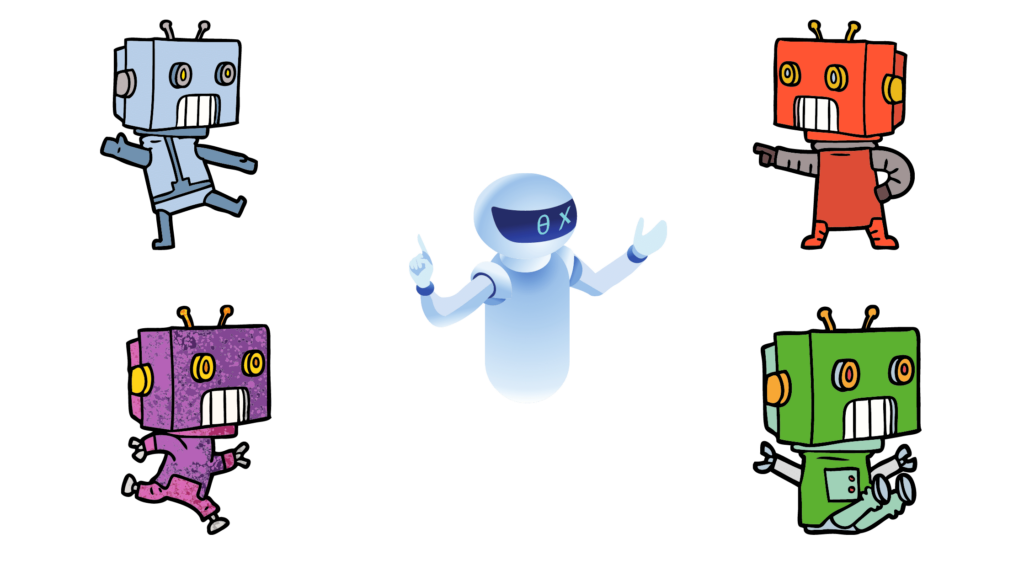It’s easy to confuse web scraping and web crawling as one and the same.
But it’s not like you’ll hurt their feelings or anything…
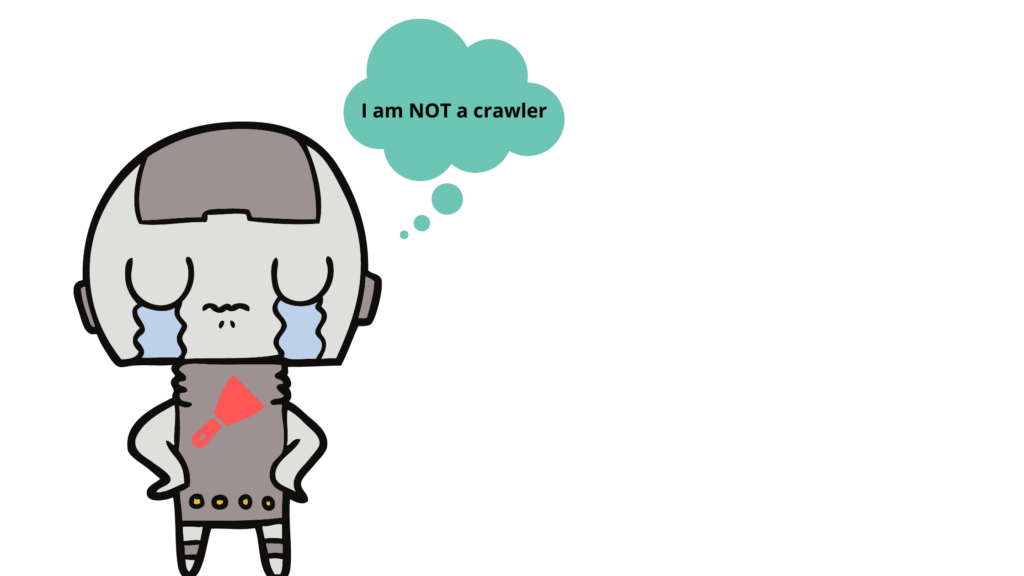
Well, let’s play it safe and learn to tell them apart. (We’ve all seen Terminator and iRobot)
Plus, it sure helps to know what you can and can’t expect from them.
Web scrapers and web crawlers at a glance…
If you want to extract data from the internet, you’ll need web crawlers and web scrapers. While the crawler finds links, the web scraper downloads data from those links. And when you have the data, you can do something with it, like put it into a database or use it somehow.
You can consider web scrapers and crawlers as the Sherlock and Watson of web data extraction. You’ll rarely scrape without a crawler and never crawl without a scraper.
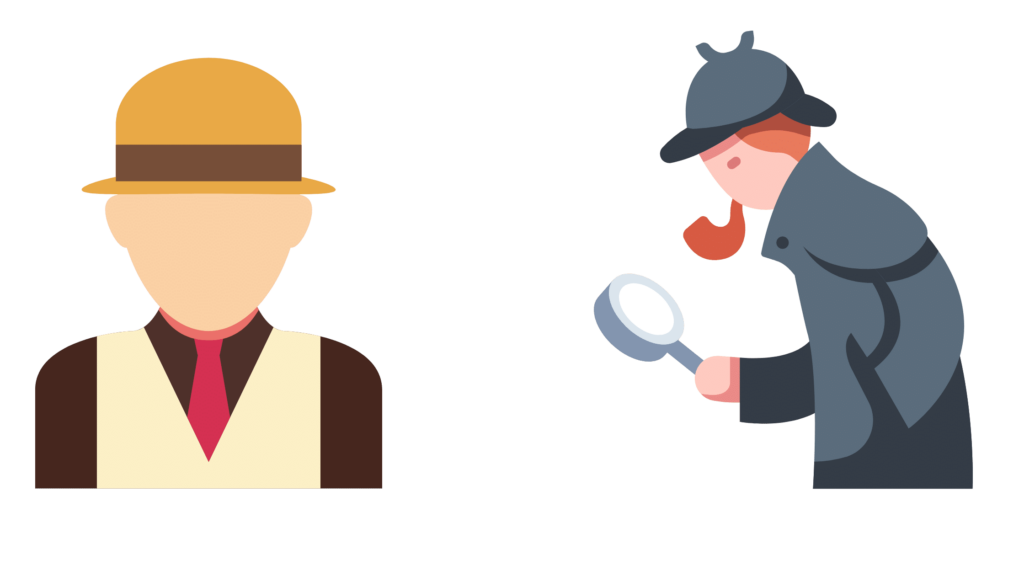
I’ll give you an example.
Pretend you’re in a library collecting data for a research project.
You’re thumbing through textbooks and folders, looking for whatever you’re looking for, eyeing the index and flicking through pages.. that’s the crawling part. As soon as you write any notes or copy pages – that’s the scraping part.
As you can see, it’s terribly hard to scrape without crawling, and vice versa.
A closer look and the difference between web scraping and web crawling…
To further distinguish the two, we can look at how web crawling and scraping work.
How does web scraping work?
As we know, web scraping refers to extracting data. You can always just copy and paste whatever you want, but that’s very time-consuming. Instead, the copy and paste strategy is done with bots.
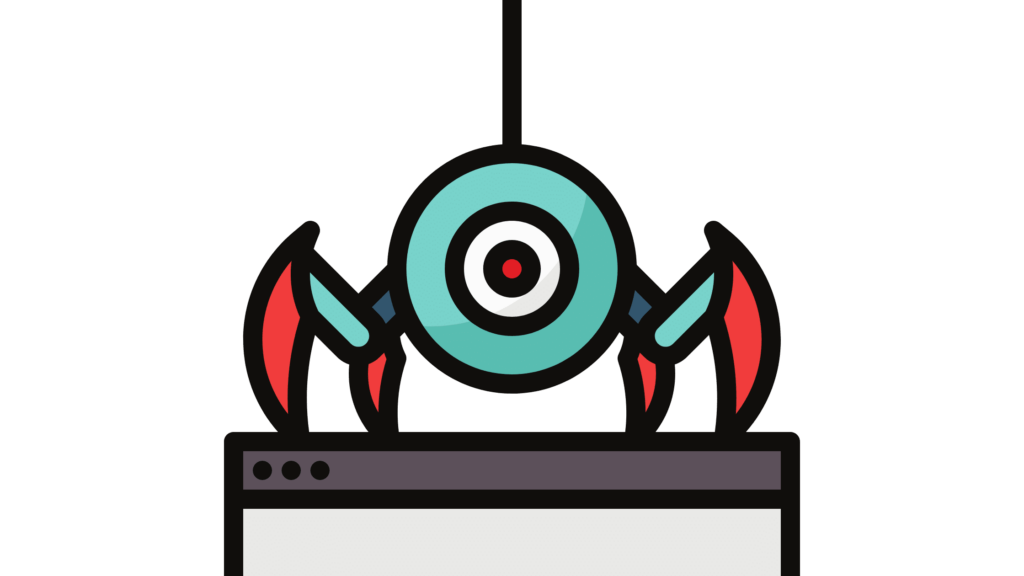
The automated process follows three steps:
- Request-reply
- Parsing
- Extraction
This is done by writing or programming scripts that automatically access web pages and extract specific information. It involves parsing HTML, CSS, JSON, etc… after you have scraped all your data. Then you can export it to a spreadsheet for easy viewing and analysis.
If you’re using manual scraping tools, point-and-click scrapers are often used. These web scrapers provide you with a list of crawled URLs to visit for data collection.
How does web crawling work?
Web crawling refers to a technique in which bots visit all pages on a website, one by one, to find links that lead to another website. Link discovery allows crawlers or browsers to discover new content and add it into their index for later retrieval. The web crawlers also download each page, so they are available if needed at some point.
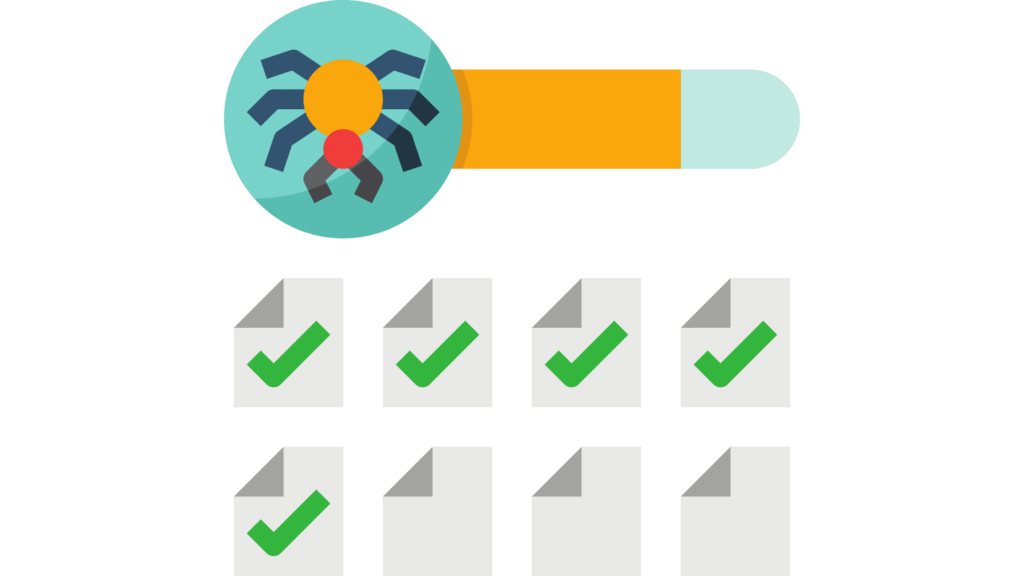
Web crawling happens in much the same way as web scraping. But instead of extracting information, web crawlers store internal links to create an index.
It follows these steps:
- Explore every page by following links.
- Index each link.
- Store link data in a database.
As you can see, both processes follow the same steps with just one slight difference: crawling spreads through a whole site while scraping extracts specific data sets.
Everyday web crawling and web scraping use cases.
Data can sometimes be integral parts of a study that may be purely academic, commercial, or financial. We can see web crawling and web scraping behind the scenes of every online business. For instance, Googlebot crawls and scrapes continuously to build and maintain Google’s search engine results pages (SERPs).

SERPs
Every day, Google crawls almost 27 billion websites in search results. Crawlers search across millions of websites for the information they’re looking for. Aside from changing users’ demands, crawlers must also adapt to them. As an end result, Google crawlers sort the pages and also assess the quality of the content and perform numerous functions for indexing.
Real estate
The majority of real estate websites address search engines by including keywords in the text and links. The best real estate web crawlers will use these signals to determine how much importance should be assigned to a particular page or site.

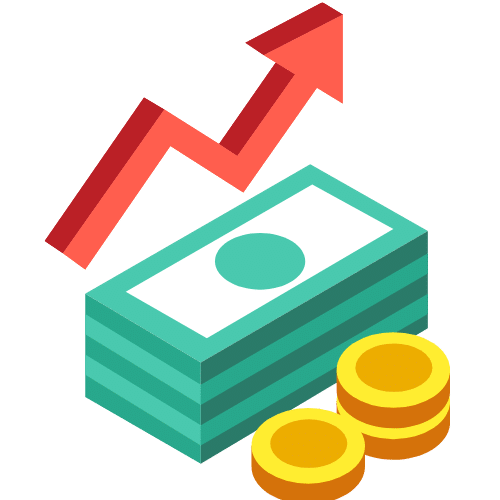
Market data analysis
Financial services use crawling and web scraping for stock market data. The purpose is to collect valuable data from well-known sites, perform various analyses on the content, and automatically update market indexes accordingly.
Retail & eCommerce
Retail and eCommerce businesses need to perform market analysis to keep a competitive edge. They can retrieve consumer product data, product descriptions, competitor product details, analyze how this affects the sales model, and establish the best retail marketing and sales strategy.
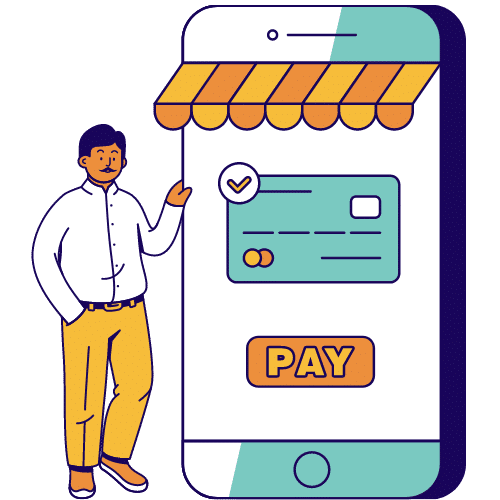
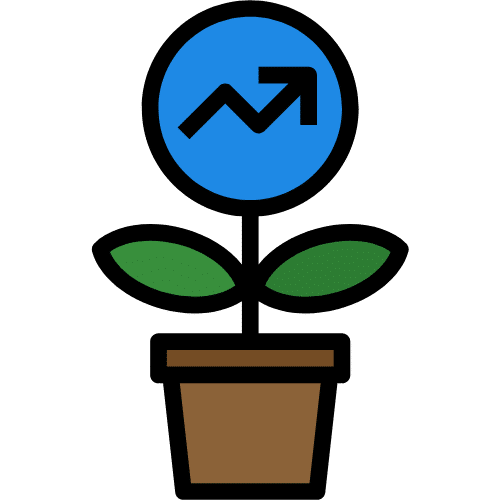
Growth Generation
It was found that analyzing and identifying customer data is 23x more likely for an enterprise to get more sales and business leads. Companies have to analyze customers’ behavior through a continuous user survey and data capturing technique.
Web development
Crawlers are essential for web development. They create the website, analyze it and iterate to improve its structure until they reach an optimal user experience.
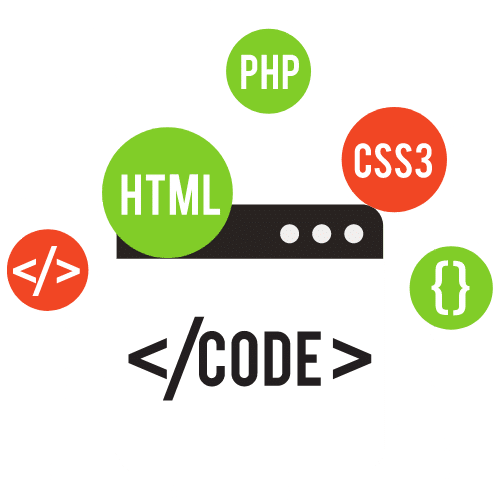
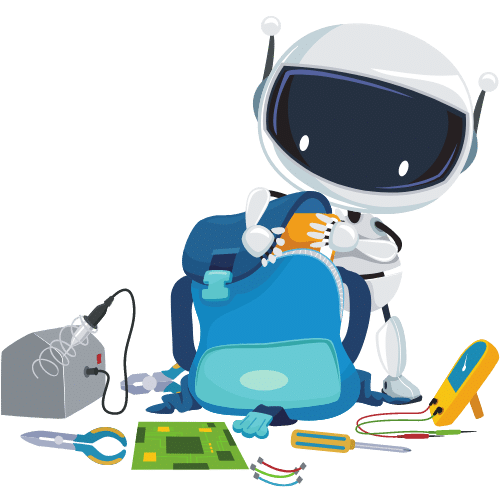
Machine Learning
Machine learning uses a web crawlers and scrapers to build a data repository. A data repository is a collection of all the relevant information available on the web. A crawler automatically stores this data in an easy-to-retrieve form, which can be used for future analysis and processing by machines or humans.
Data aggregation
Businesses have found a wide range of uses for data aggregation through web crawling and scraping tools. These include monitoring competitors’ prices or products, tracking online reputation, and gathering data from social media platforms.
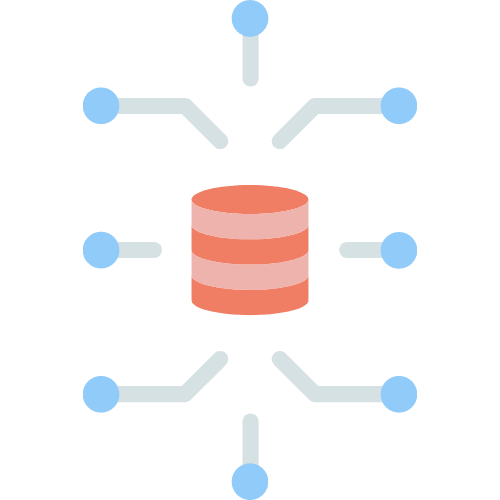

Search Engine Ranking
In the SEO industry, web scrapers and crawlers are essential for analyzing content and then making changes to improve a site’s search engine rankings. They’re also the engine under the hoods of sites like SEMRush and AHREFS.
Marketing automation
Web scraping tools can also be used in marketing automation projects by companies who want to collect data from their target audience or customers. They do this via customer feedback tools, market research websites, or social media platforms.
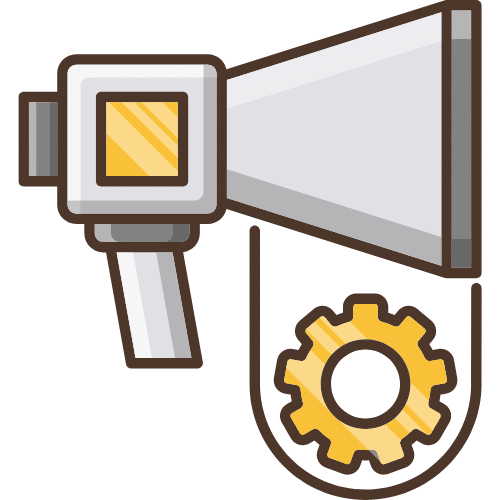
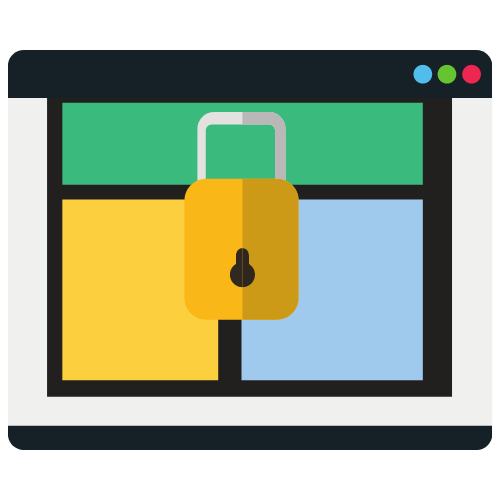
Security
The most commonly used data aggregation tools are security web crawlers which monitor the internet for any breaches. These include DDoS protection, vulnerability scanning, and malware detection.
Brand protection
Brand protection has become a part of protecting against brand fraud and brand fading and identifying malicious actors that illegally profit from corporate intellectual properties such as a brand name logo.
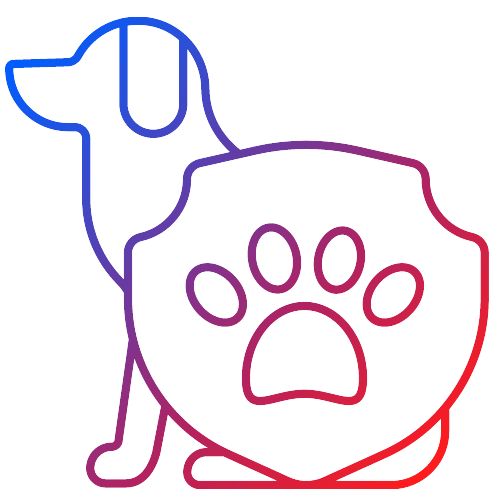
Data scraping does seem to have a potent effect across almost all business areas. However, it does come with its challenges.
Principal challenges for web scraping and web crawling.
Some sites have anti-scraping policies preventing you from obtaining data from certain websites without proper documentation. It’s not uncommon to receive IP blocks just because you use data center proxies for web scraping.
In such situations, a web scraping API can be incredibly effective, especially if they provide you access to large residential proxy networks, which can help you collect data using real users’ IPs and circumvent these types of blocks.
If you do data your harvesting in-house, residential proxies will be an integral part of your data collection toolkit. They make it so that your web scraping and crawling operate without geo-restrictions or resistance from anti-bot measures.
Check out this deep-dive into how residential proxies are superior to data center proxies for web scraping.
In conclusion, web crawling and scraping both provide a tremendous amount of value to businesses but also come with some challenges. In the end, they both have their differences but must ultimately work together.
